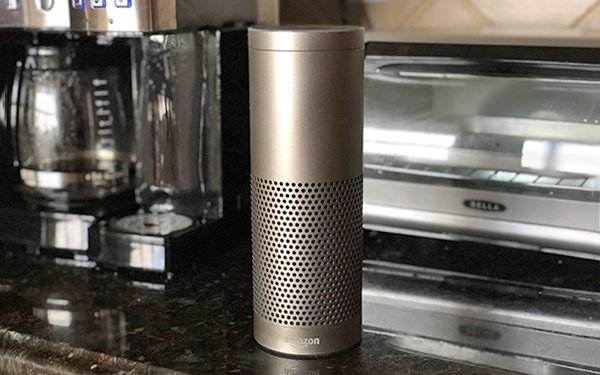
For
smart home devices, brand loyalty may take a back seat to interoperability.
Consumers planning to by a smart home device consider it more important for any new device to work with other
products in their home than what brand product they buy, according to a new study.
This matters, since about a third (32%) of U.S. broadband households already own at least one connected
device and a whopping 50% of households intend to purchase one in the next year, according to the research from Parks Associates.
While three-quarters (75%) of consumers planning to buy a
smart device say it better work with other products they already have, fewer than 60% of the shoppers consider it important that their next purchase be the same brand as their current products.
There doesn’t yet appear to be a clear leader in home platforms, with Amazon Echo, Google Home and Works with Nest all in a virtual tie as the platforms most used by consumers to control
smart home products, according to Parks.
advertisement
advertisement
Of those who plan to purchase a smart home device in the future, Amazon Echo has the lead, with more than a third (34%) of those consumers familiar
with the platform valuing its integration with other products while 26% say interoperability with Google Home is important.
The leading factor in making a purchase decision is that the product
be from a well-known, established brand. Of those intending to purchase a smart home device in the future, here are the factors considered to be very important, according to the Parks Research
study:
- 50% -- Is a well-known, established brand
- 49% -- Is any brands that works with other products in my home
- 43% -- Is a brand known for innovation
- 35%
-- Is the same brand as another smart product owned
- 32% -- Is the same brand as smartphone
A quarter (25%) of smart home device owners can control all or some of their smart
devices through their home security app and a third (33%) of consumers use only individual apps for discrete devices and don’t have an app that controls multiple products.
Although the
smart home device market is huge, it's still growing up.